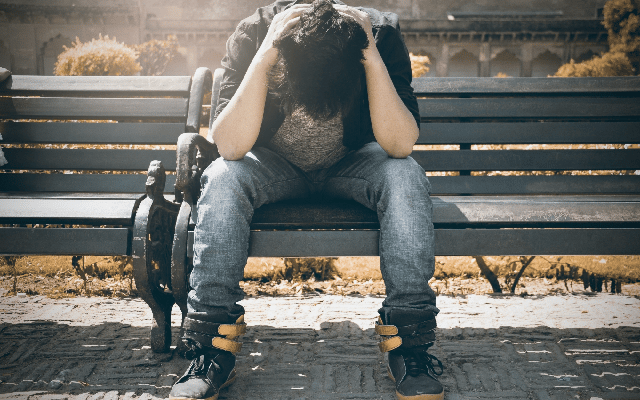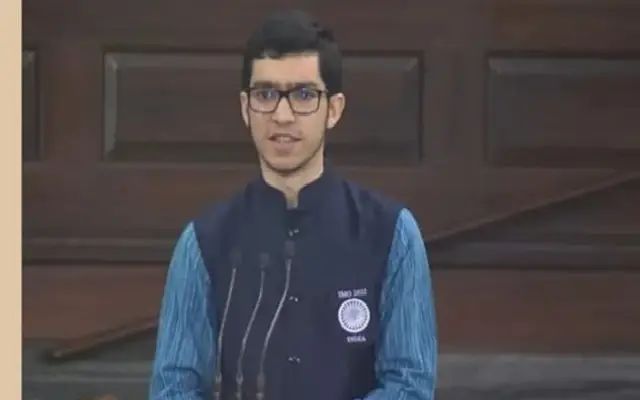New York: The pandemic-related stress has physically altered adolescents’ brains, making their brain structures appear several years older than the brains of comparable peers before the pandemic, a new study has revealed.
Until now, these sorts of accelerated changes in “brain age” have appeared only in children who have experienced chronic adversity, whether from violence, neglect, family dysfunction, or a combination of multiple factors.
The new findings, published in the journal Biological Psychiatry, indicate that the neurological and mental health effects of the pandemic on adolescents may have been even worse.
“We already know from global research that the pandemic has adversely affected mental health in youth, but we didn’t know what, if anything, it was doing physically to their brains,” said Ian Gotlib, the David Starr Jordan Professor of Psychology in the School of Humanities and Sciences at Stanford University.
By comparing MRI scans from a cohort of 163 children taken before and during the pandemic, the study showed that this developmental process sped up in adolescents as they experienced the Covid-19 lockdowns.
It is still unclear whether the changes in brain structure that the Stanford team observed are linked to changes in mental health.
“It’s also not clear if the changes are permanent,” said Gotlib.
“Will their chronological age eventually catch up to their ‘brain age’? If their brain remains permanently older than their chronological age, it’s unclear what the outcomes will be in the future,” the researcher noted.
The findings could have major implications for other longitudinal studies that have spanned the pandemic.
If kids who experienced the pandemic show accelerated development in their brains, scientists will have to account for that abnormal rate of growth in any future research involving this generation.
“The pandemic is a global phenomenon — there’s no one who hasn’t experienced it,” said Gotlib. “There’s no real control group.”
These findings might also have serious consequences for an entire generation of adolescents later in life, added co-author Jonas Miller.

















